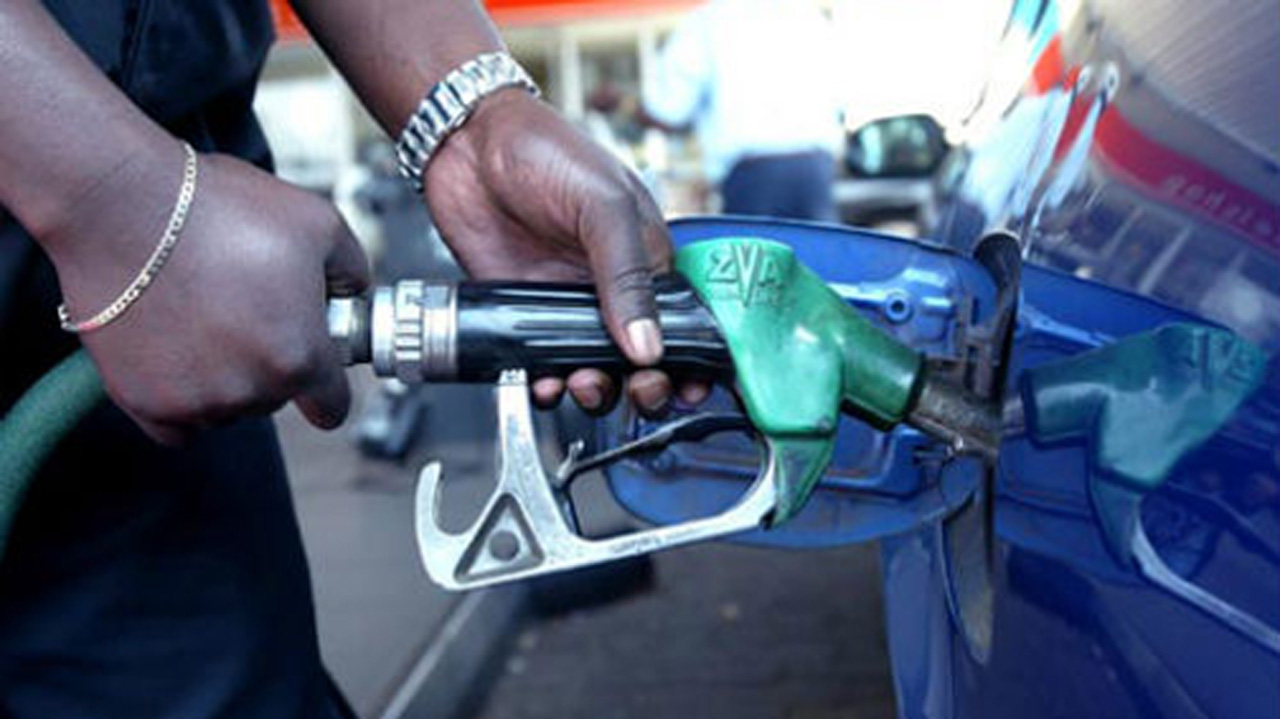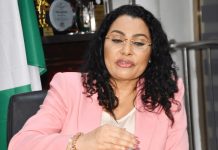The Nigerian government may pay over $4.5 billion to subsidise fuel for its citizenry, as oil price was projected to hit $100 per barrel.
BizWatch Nigeria could recall that in order to ensure that petrol pump price was purchased at a lesser price, the President Muhammadu Buhari-led government, according to World Bank, spent $4.5 billion last year (2021) on subsidy.
Against the backdrop of the need to discontinue fuel subsidy payment, which has long been parts of government’s intervention to cushion the effect of economic harshness of Nigerians, there is a likability that more than the $4.5 billion that was paid last year for subsidy, will increase as the year progresses.
On Wednesday, January 12, 2022, oil prices continued their surge, hitting a two-month high amid projections that lack of production capacity and limited investment in the sector could lift crude between $90 and $100 a barrel this year.
While the projection may mean that there will be more forex in circulation for Nigeria and the government would make more money from selling its crude, this publication understands that it equally means that subsidy payment would increase.
More worries for Buhari
It would be recalled that last year’s December, the National Assembly approved a $38 billion budget for 2022, which was anchored on an oil price benchmark of $62 per barrel.
The approved oil price assumption was higher than the $57 per barrel price that Buhari had proposed to the parliament on two months prior to the lawmakers’ approval for 2022 budget, and also higher than the oil price benchmark of $40 per barrel adopted by the government for 2021 budget.
How the government would now mitigate the consequence of the oil price should it hit $100 per barrel as projected, remains unknown, at least for now. But most likely, it would be torrid for the Buhari-led administration.
What you should know about the fuel subsidy
There have been outcries from international bodies, public and private stakeholders in Nigeria, as many of them have strongly been advocating for the discontinuation of fuel subsidy, which they argued is an unbearable burden.
Estimating the losses from fuel subsidy on a monthly basis, Governor Nasir El-Rufai of Kaduna State, stated that no less than N250 billion goes down the drain.
While advising advising Buhari to end the fuel subsidy regime, El-Rufai said the losses can be used to service the government’s needs, which would tell on infrastructures.
In what appeared to be a consideration to the outcries, which have not only come from the Kaduna governor, but the International Monetary Fund (IMF) as well, Minister of Finance, Budget and National Planning, Zainab Ahmed said the federal government was considering the move.
According to her, the revenue that would be saved from stopping the payment of fuel subsidy would be used to service millions of households via the Conditional Cash Transfer programme.













